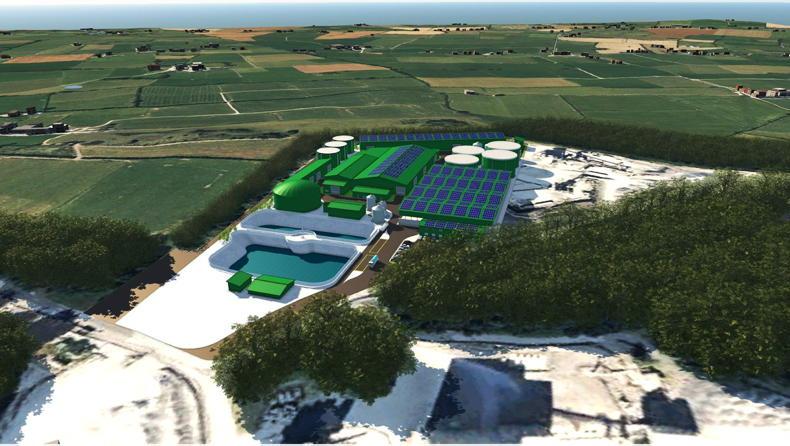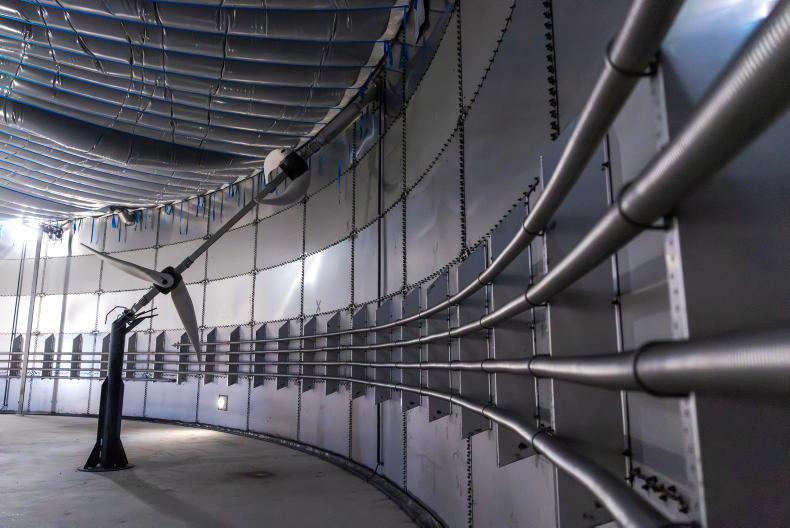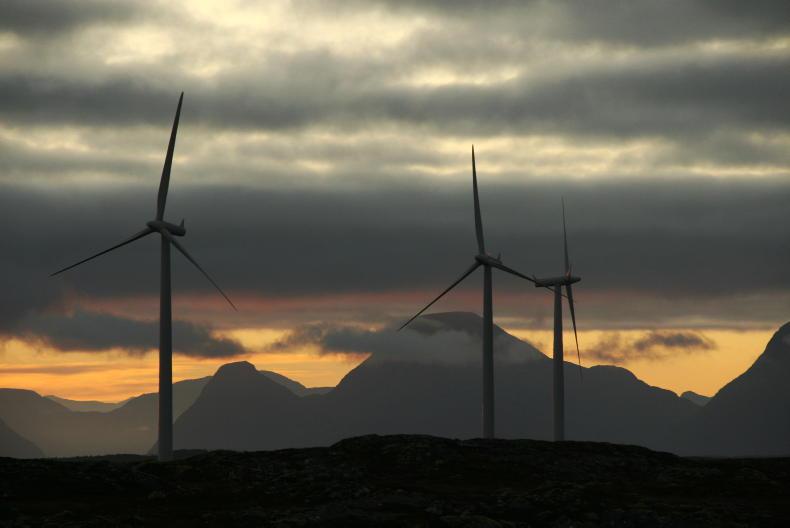Day one of the National Ploughing Championships saw tens of thousands of farmers descend on Ratheniska, Co Laois.
The mood among the farming community was generally upbeat. Despite the challenges, 2022 will go down as a good year across most sectors.
However, with a deepening energy crisis and the attention now turning to 2023 and beyond, many farmers are exploring the opportunities in renewable energy generation.
This was distinctly noticeable among many conversations at the Irish Farmers Journal stand.
Farmers are not only considering renewable energy as a means to displace energy import requirements, but also to generate addition farm income.
With that said, while it is possible to sell surplus renewable electricity to suppliers via the grid, the best use of self-generated energy remains using it on farm.
However, there was a general frustration among farmers when it came to renewable energy opportunities.
For example, the Government increased its target for indigenous biomethane production from 1.5TWh to 5.7TWh by 2030. This would require 150-200 large-scale anaerobic digestion plants to be built.
Farmers are frustrated that, despite this ambitious target, there remains no support scheme in place. Furthermore, there remains no indication that work has started on developing such a support scheme.
The same frustration is felt in terms of rooftop solar PV panels. Despite the microgeneration support scheme being announced last December, the scheme still in place.
Farmers are now eagerly anticipating announcements for Budget 2023.










SHARING OPTIONS